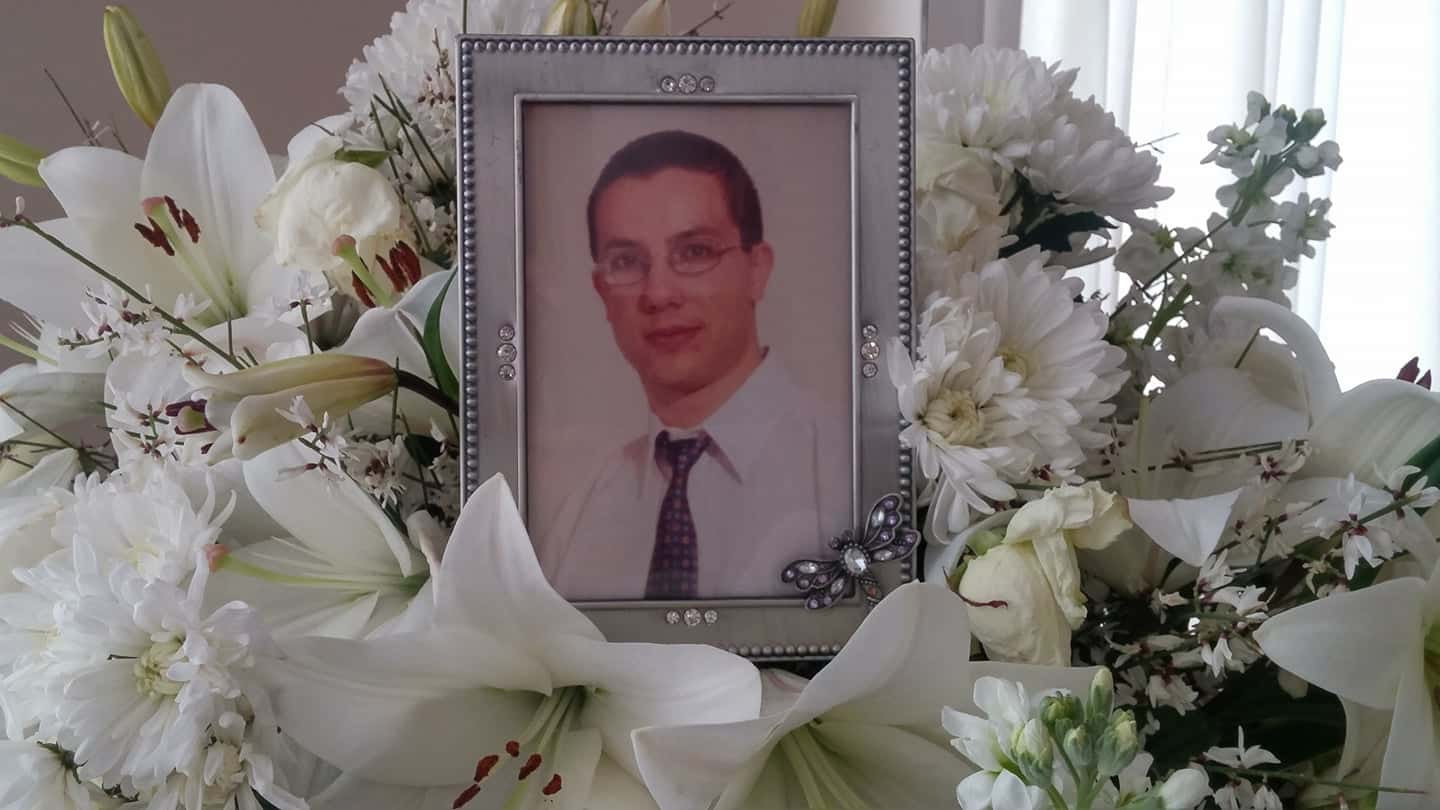It was no real surprise that the Attorney-general’s office told the long-suffering family of national guardsman Thanasis Nicolaou that there was not enough evidence to open a criminal case into his death in 2005.
The case would not have even gone as far as it did had it not been for the tenacity of the 26-year-old’s mother who never stopped trying to find out whether her son – found dead under a bridge in Alassa – had committed suicide or was murdered.
After 17 years of investigations, inquests and even a ruling by the European Court of Human Rights, all pointing to murder, Thanasis’ mother Andriana probably thought she was finally getting somewhere only to be let down yet again.
Speaking to the media outside the AG’s office, she said that apparently there was not enough proof to formally open a criminal investigation and to prosecute anyone.
“This despite the fact that the report filed by Antonis Alexandropoulos, one of the two criminal investigators tasked with shedding light on the death of my son, suggests that at least three police officers and a forensic pathologist, could be involved in covering up the reasons behind his death,” she said.
It is probably fair to say that were a criminal investigation to be opened into the suspected killers, too much time has passed to re-examine evidence from the scene, if there was any that pointed to murder, and witness testimonies at this point could prove unreliable.
However, this should not excuse any acts or omissions by police or any state pathologists involved in the case in 2005. Surely those records still exist. Ultimately the responsibility was theirs in 2005 to ensure a murder investigation was launched so that the killers could be caught.
In September when the Alexandropoulos report came out, the chief of police said he did not believe that police officers attempted to cover up anything. Also, he did not believe police at that time “witnessed a murder and did not investigate it properly.” In the same breath he admitted that “serious mistakes were made during the investigation”.
Making serious mistakes and realising it later is always enough of a reason for a subsequent cover-up or for making excuses, although to be fair, a police officer would have to take the word of whoever the state pathologist was at the time, barring any obvious signs of murder at the scene.
The question is, if a Greek pathologist could find evidence of strangulation 15 years later, why didn’t a Cypriot one figure out the same thing within hours of Thanasis’ body being discovered? Isn’t that enough grounds to pursue charges of criminal negligence at the very least?
Of course, admitting at this stage that this young man was murdered would call a lot of things into question such as bullying in the national guard, and perhaps raise suspicions about other deaths and suicides in the ranks. In the case of the pathologist, it could call into question other criminal investigations that have relied on the results of post-mortems for convictions. Either way, the whole thing stinks.







Click here to change your cookie preferences